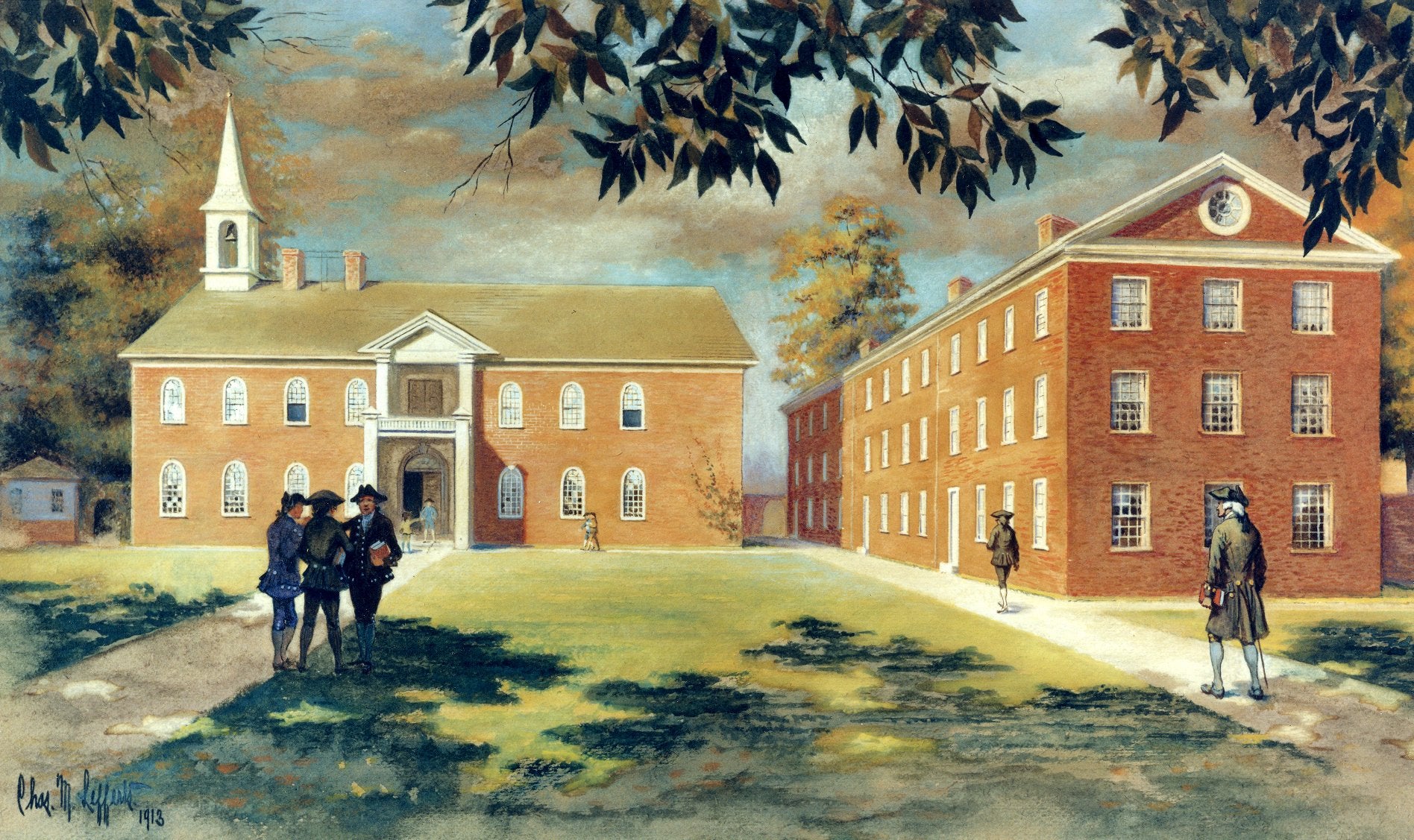William Moore, the son of Robert and Elizabeth Moore, was a native of Philadelphia. He, like his father, was a successful merchant. In 1757 William secured himself a place in Philadelphia’s high society through his marriage to Sarah Lloyd, a member of one of the oldest and most powerful families in Pennsylvania at that time.
Although he supported taking measures of protest against the Stamp Act, Moore did not subscribe to more radical ideas in the early stages of the American Revolution. In fact, his sixteen-year-old son greatly distressed his parents by joining the Continental Army in its Canadian expedition of 1776. Soon thereafter, however, the elder Moore came to endorse the patriot cause.
He supported the state’s new constitution of 1776, not because of its principles but because he felt the constitution was necessary to save the state. As a result he enjoyed a broad base of support from both Constitutionalists and Anticonstitutionalists. Even as a supporter of a constitution that created a unicameral legislature and placed executive power in the hands of a council, he was known to be a supporter of executive privilege and of Robert Morris‘ views on how to repair the state’s dire fiscal situation. William Moore was an ideal compromise choice given the political situation.
Moore’s political career began with his appointment to the state’s council of safety in 1776 and its board of war in 1777. He then served on Pennsylvania’s Supreme Executive Council first, from 1779-1781, as vice president (the equivalent of state lieutenant-governor) and then, from 1781 to 1782, as president (the equivalent of state governor).
As a holder of these offices, Moore became an ex officio member of the board of trustees of the University of the State of Pennsylvania (now the University of Pennsylvania). Like Governor Joseph Reed before him, Moore held the position of president of Penn’s board of trustees while he was governor; and after the end of his term as governor, Moore continued as an elected trustee.
Always active in promoting the financial affairs of Pennsylvania, Moore in 1784 was made a director of the Bank of Pennsylvania. He continued to be actively involved in civic affairs until his death in 1793.

